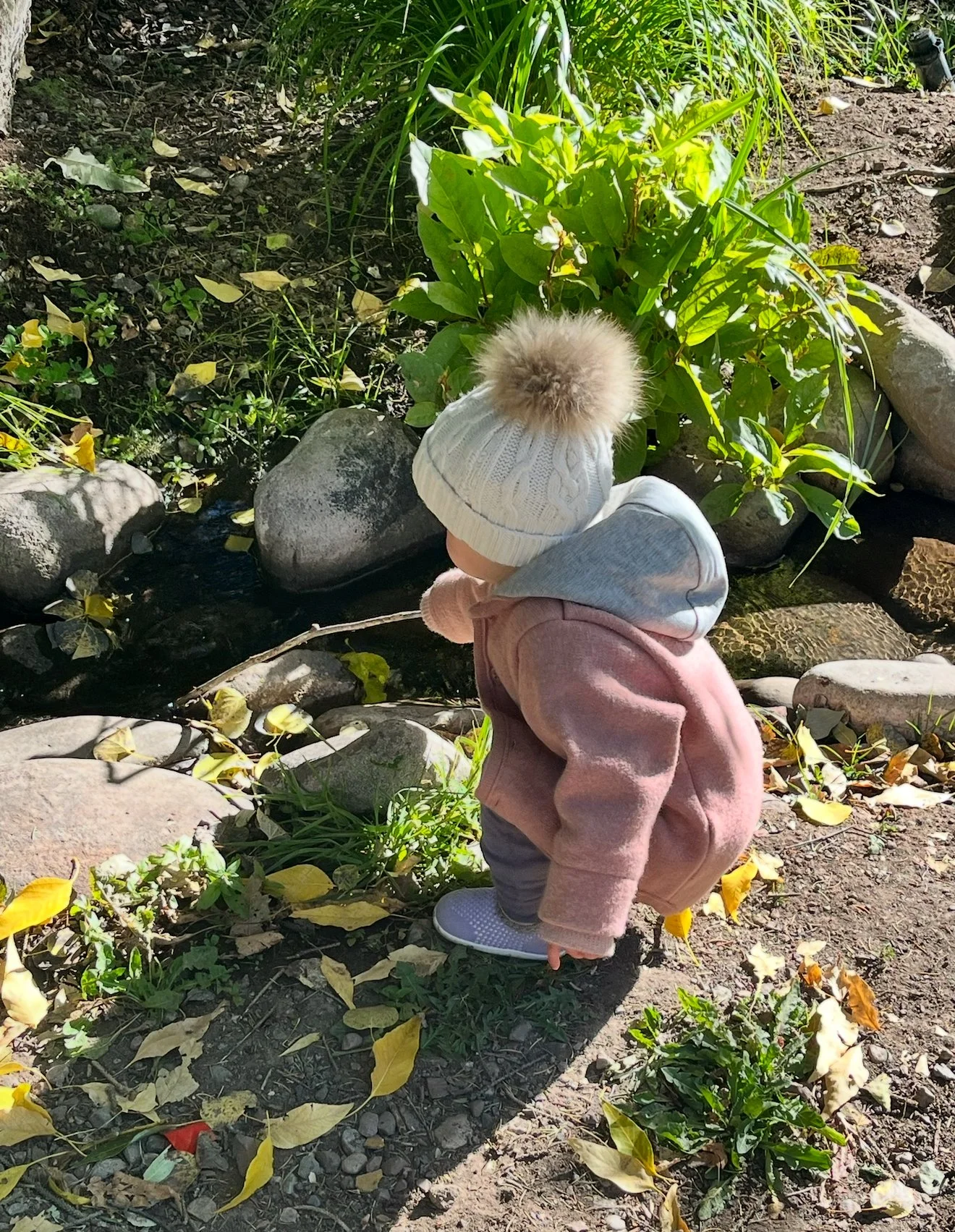Age 5: the imitation and will phase
Got this question and wanted to share my thoughts in a blog in case it’s helpful:
At five, a child is in the imitation and will phase. They don’t yet reason abstractly, but they’re developing strong individuality and testing boundaries. When a child says, “I don’t care!” or talks back, it’s rarely defiance in the adult sense. It’s a child saying: “I’m trying to be my own person” or I’m overwhelmed and need connection.” So before responding, take a deep breath and remember: this is developmental, not personal.
Try not to argue or explain, rather lead calmly. Adults don’t meet the child’s will with counter-will (arguing or reasoning), but with warm authority and rhythm. Instead of: “You need to listen when I tell you something!” Try: “I hear that you’re upset. It’s time to clean up now. I’ll help you start.” Your calm, steady presence communicates I am the captain of this ship: safe, loving, and firm.
Connect before you correct. At this age, correction only lands when the child feels connected. You might gently make contact first like a hand on their shoulder, eye level, soft voice: “Hmm, I hear those words. Sounds like a big feeling is behind them.” Pause, breathe together if possible, and then lead them into the next step of rhythm like a snack, outdoor play, or story time.
The rhythm itself is discipline, it restores order without needing heavy consequences.
Avoid lecturing a child. Using images and imitation are a better way to get through to a child. Moral lessons come best through images and stories. Later (not in the heat of the moment), you might tell a story such as: “There once was a little fox who didn’t want to listen to his mama fox. He thought, ‘I don’t care!’ But when he wandered too far, he felt lonely and missed her warm den. When he came back, Mama Fox gave him a hug and said, ‘Even when you don’t listen, I’m always here to help you find your way.’”
Stories like this speak directly to the child’s heart and will, without shaming or over-explaining.
Model caring through your own gestures. Children of this age imitate who we are, not what we say. When they say “I don’t care,” you can quietly model caring like that watering a plant, helping a sibling, or caring for the home, and let them join when they’re ready. Over time, their inner life absorbs that care is a living gesture, not a rule.
Anchor the day in rhythm. When children push back, it’s often a sign the rhythm has loosened. Making sure meals and rest time are predictable, outdoor time (to discharge the will energy), and having gentle transitions (songs, verses, or little rituals). Rhythm itself calms the will and reduces defiance.
And a phrase to keep in your back pocket: “I see you’re feeling strong inside today. I’ll be your helper while we find our calm again.”


